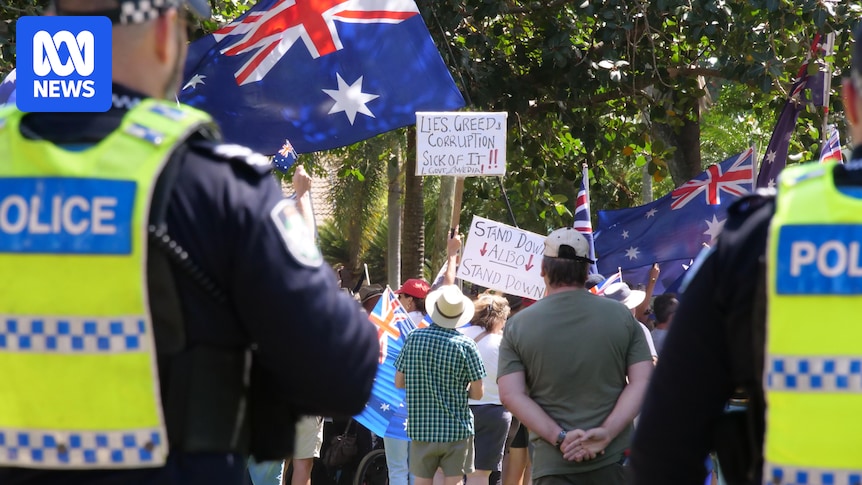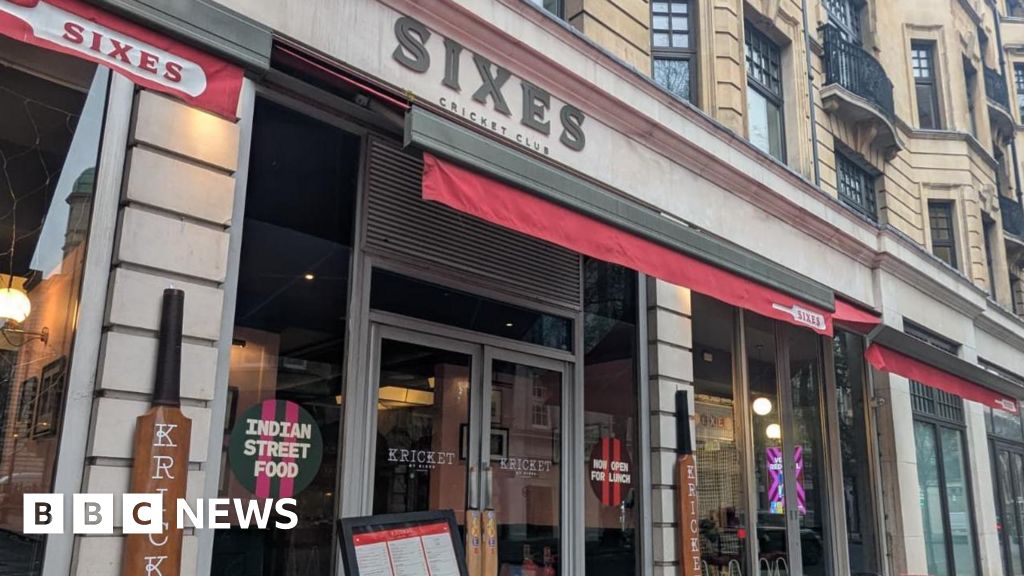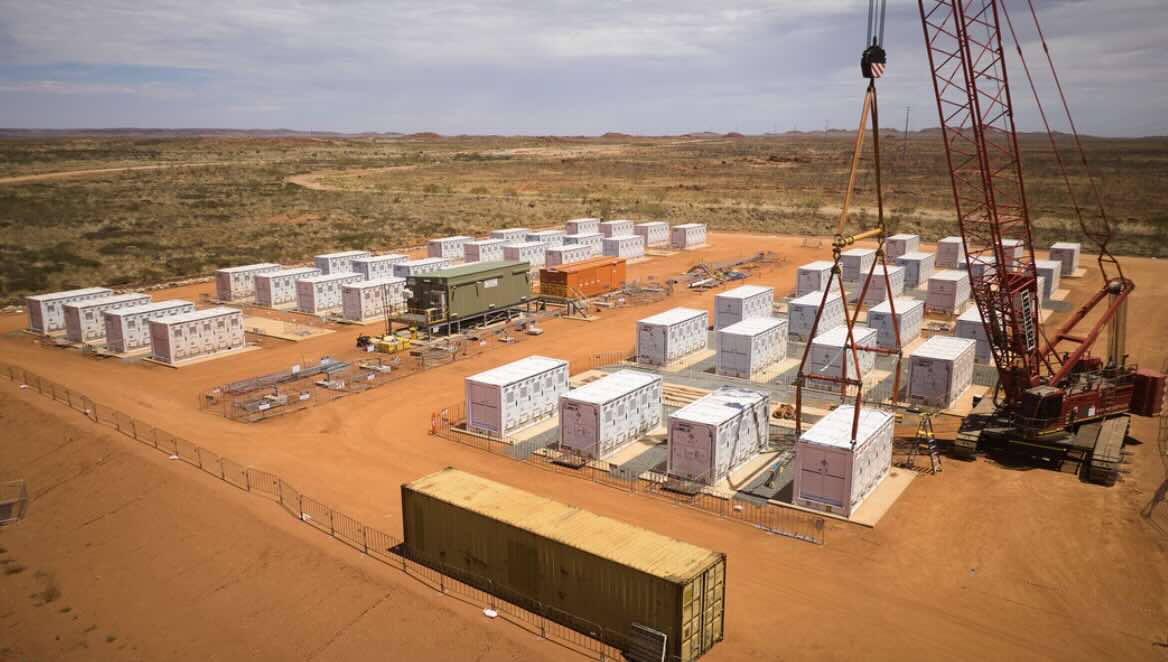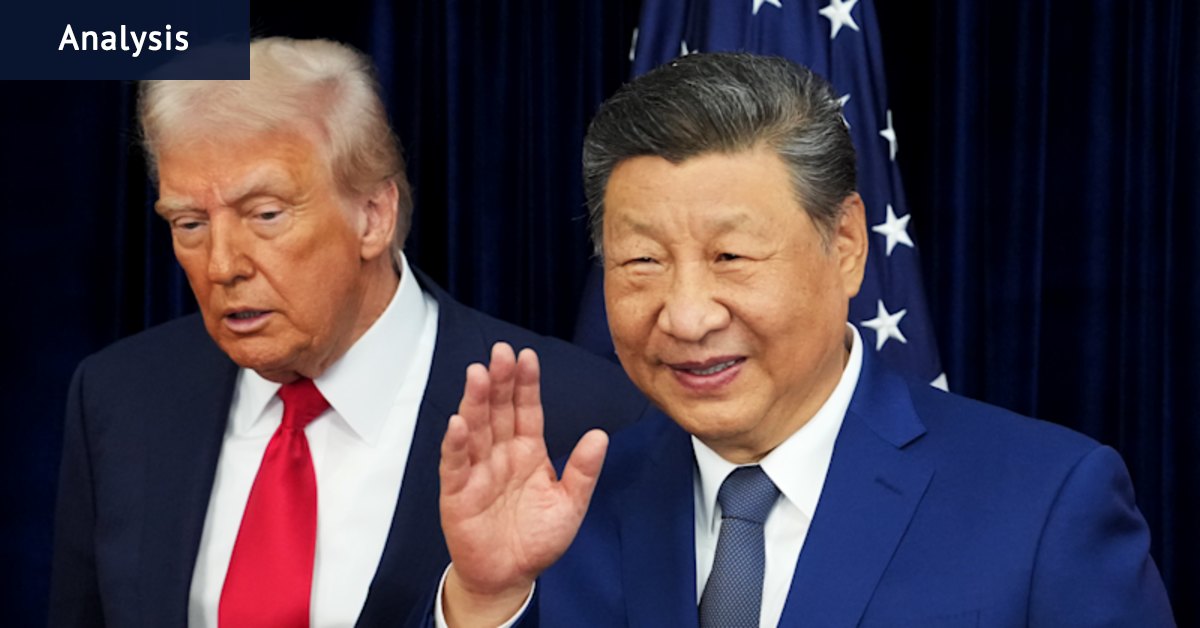
Scuffles erupted at anti-immigration rallies across Australia over the weekend, with significant incidents reported in Melbourne and Adelaide. In Melbourne, police resorted to using pepper spray to control the situation, while in Adelaide, a clash led to police intervention. These rallies, part of the “March for Australia” initiative, were held in major cities and some regional centers, drawing both supporters and counter-demonstrators.
The rallies, which organizers claim are aimed at addressing concerns over mass immigration, saw varied expressions of sentiment. In Sydney, a sign with the slogan “white unity at every opportunity” was visible, raising questions about the underlying motivations of some participants. Meanwhile, in Melbourne, tensions flared between anti-immigration protesters and a pro-Palestine rally, leading to a standoff near Flinders Street Station.
Clashes and Police Response
In Melbourne, hundreds of police officers, including mounted units, were deployed to separate opposing groups. A glass bottle was reportedly thrown, escalating the situation further. Police managed to prevent the groups from converging on Swanston Street, but skirmishes continued as protesters moved to other areas.
Adelaide’s rally saw a more direct confrontation when a man affiliated with the National Socialist Network attempted to address the crowd, calling for an end to immigration. The situation deteriorated into a scuffle, prompting police to step in. The rally was subsequently halted, and three arrests were made, including one for assaulting an officer.
“The crowds were generally well-behaved,” Adelaide police noted, estimating that 15,000 people participated in the rallies and counter-rallies.
National Reaction and Political Response
Federal government officials, including frontbencher Amanda Rishworth, criticized the rallies, emphasizing Australia’s multicultural heritage. Rishworth stated, “Hate has no place in the Australian community. Our country has been built off the back of migrants.”
In Townsville, federal MP Bob Katter addressed a gathering, quoting a remark often attributed to Thomas Jefferson, “When oppression becomes law, then resistance becomes duty.” His comments were met with applause, highlighting the divisive nature of the immigration debate.
Counter-Protests and Public Sentiment
Counter-demonstrators were also active, particularly in Sydney where the Refugee Action Coalition organized a rally. Spokesperson Mark Goudkamp expressed concern over the “poisonous rhetoric” of the anti-immigration protests, stating, “Migrants have a beneficial impact on the economy. People felt we really had to be here to make a stand.”
In Perth, the atmosphere was similarly charged, with approximately 5,000 anti-immigration protesters and several hundred counter-protesters exchanging chants. The heavy police presence ensured that the groups remained apart, though tensions were palpable.
“Nazi scum off our streets,” counter-protesters chanted, while the opposing group responded with “Aussie, Aussie, Aussie. Oi, oi, oi.”
Historical Context and Future Implications
The rallies occur against a backdrop of ongoing debates about immigration policy in Australia. The country’s history of immigration has been marked by periods of restriction and openness, with the White Australia policy officially ending 50 years ago. Current economic challenges and housing shortages have reignited discussions about immigration levels.
Shadow Attorney-General Julian Leeser voiced concerns about the rhetoric at some rallies, warning participants to “be careful of the company you keep,” citing anti-Indian and anti-Semitic sentiments observed at some events.
As Australia grapples with these complex issues, the need for a balanced and informed national conversation on immigration is becoming increasingly evident. The events of the weekend highlight the deep divisions within the community and the challenges ahead in fostering a cohesive and inclusive society.







